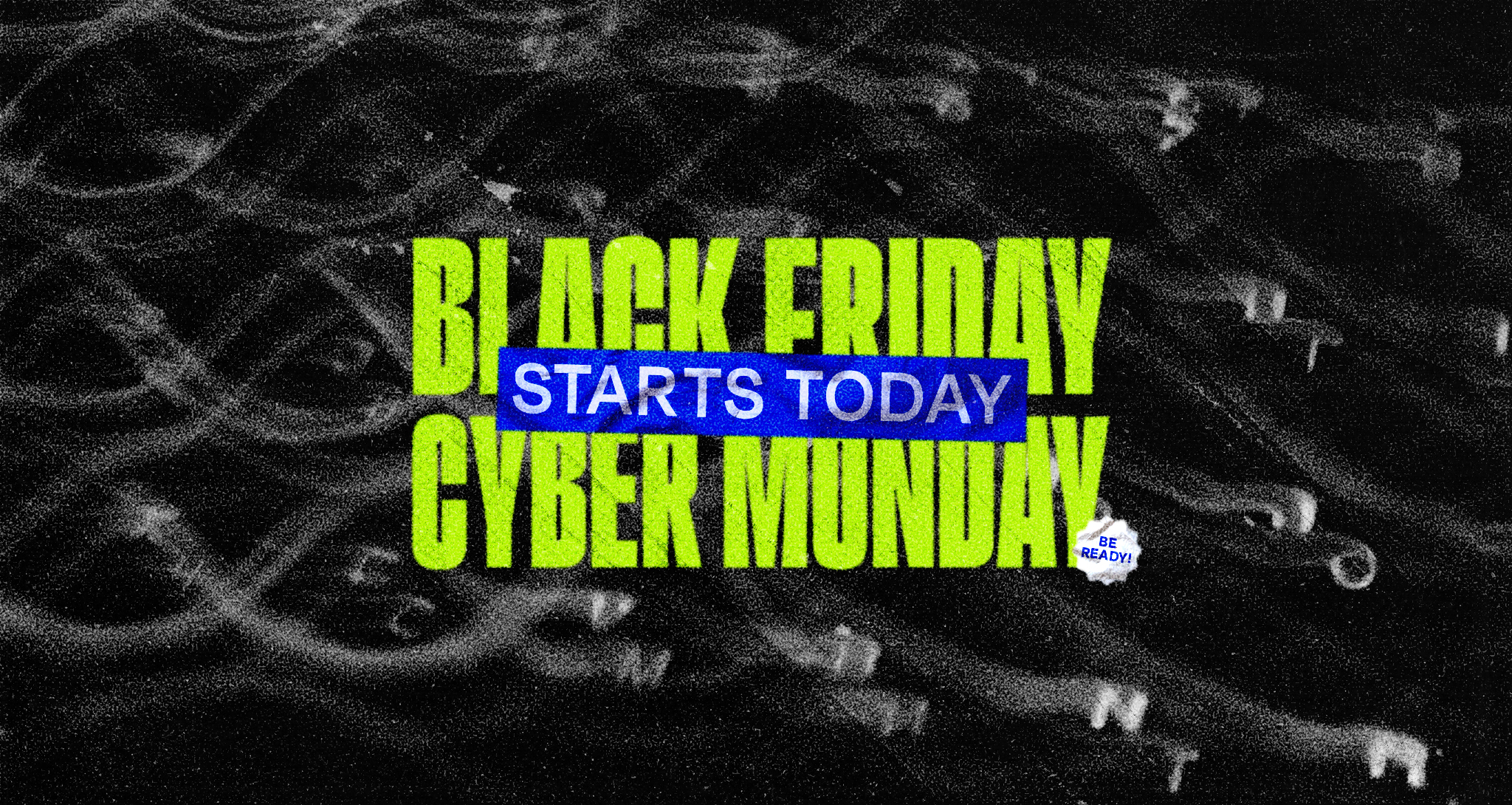A recent study by Justuno highlighted on Shopify’s blog reveals a seismic shift in the holiday shopping paradigm. A notable 65% of U.S. shoppers have indicated their intention to complete their holiday ecommerce shopping before the traditionally pivotal shopping days of Black Friday and Cyber Monday (BFCM). This changing consumer behavior demands a paradigm shift for retailers, particularly those in the ecommerce sector.
Understanding the change
Historically, the holiday shopping season has been characterized by a flurry of consumer activity on Black Friday and Cyber Monday. These days have served as the unofficial kickoff to the holiday season, with retailers offering significant discounts to attract shoppers.
However, the finding that 65% of shoppers plan to complete their holiday shopping before these high-traffic days indicates a marked shift in consumer behavior. A blend of factors, including rippling impacts from the COVID-19 pandemic and supply chain disruptions, has contributed to this early shopping trend, as consumers attempt to circumvent potential shortages, shipping delays, and safety concerns associated with in-person shopping.
Implications for retailers
For retailers, particularly those that depend on the holiday ecommerce surge, these changes necessitate a rethink of traditional sales and marketing strategies. There’s a need to respond proactively to consumer behavior trends and adapt to ensure a successful holiday season.
Promotional strategies and marketing campaigns need to be launched earlier to capture the segment of consumers shopping in advance. Waiting until BFCM to reveal deals could mean missing out on a significant portion of potential sales. Retailers should consider starting their holiday marketing campaigns in early fall, if not sooner, offering exclusive deals or loyalty rewards for early bird shoppers.
Secondly, inventory management and supply chain operations should be optimized to accommodate the shift in buying patterns. This means ensuring popular items are stocked sufficiently in advance and addressing any potential supply chain issues that might hinder the ability to meet consumer demand.
Smart retailers will win big
While the shift in shopping habits poses challenges, it also presents unique opportunities. Retailers who interpret the shift in holiday ecommerce behavior and successfully adjust their strategies stand to gain a competitive edge.
Personalized experiences could be the key to capturing early holiday shoppers. Consumers are more likely to make early purchases from brands that provide personalized shopping experiences. Harnessing data analytics can enable retailers to offer tailored product recommendations, making shopping more efficient and enjoyable for customers.
Furthermore, communicating transparently about stock levels and shipping expectations can help to earn consumer trust. Given the concerns about supply chain disruptions and shipping delays, clear communication with customers about potential issues can be a differentiator.

Leveraging omni-channel strategies
The current trend also reinforces the importance of an omni-channel approach to retail. While online shopping is a significant part of the retail landscape, brick-and-mortar outlets play an essential role too. Integrating in-person and online shopping experiences can help retailers capture a larger share of early holiday sales.
For instance, ‘Buy Online, Pick up In-Store’ (BOPIS) or ‘Click and Collect’ options could be particularly attractive to early shoppers. These services offer the convenience of online shopping with the instant gratification of physical retail – a combination that might encourage earlier purchases.
Adapting to the new normal
A large majority of shoppers plan to complete their holiday shopping before BFCM, and it signifies a shift in the retail landscape. As the industry navigates through this change, proactive adaptation and flexibility will be crucial for success.
While strategies will vary depending on the specific circumstances of each retailer, a few key themes emerge. The need for early planning, personalized experiences, clear communication, and an integrated omni-channel approach are paramount.
This year’s holiday shopping season might look different, but with careful planning and strategic adaptability, retailers can navigate this shift and potentially have their most successful season yet. After all, in the world of retail, change is the only constant. Being prepared to meet consumers where they are will always be the most effective strategy.



